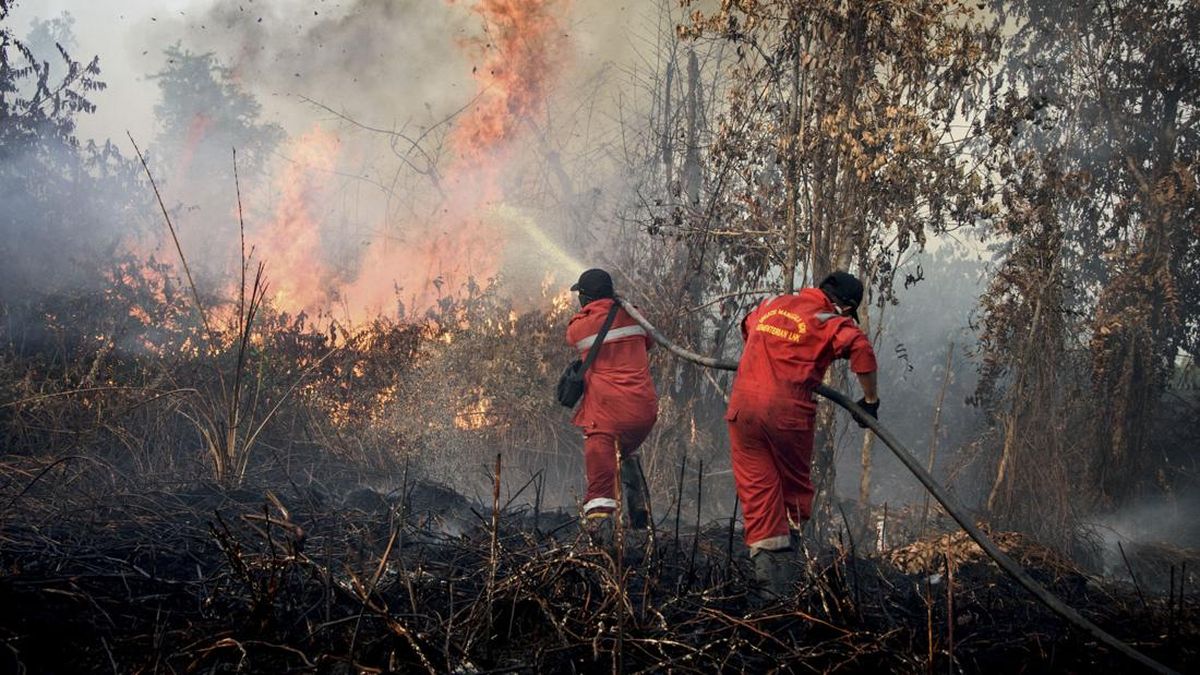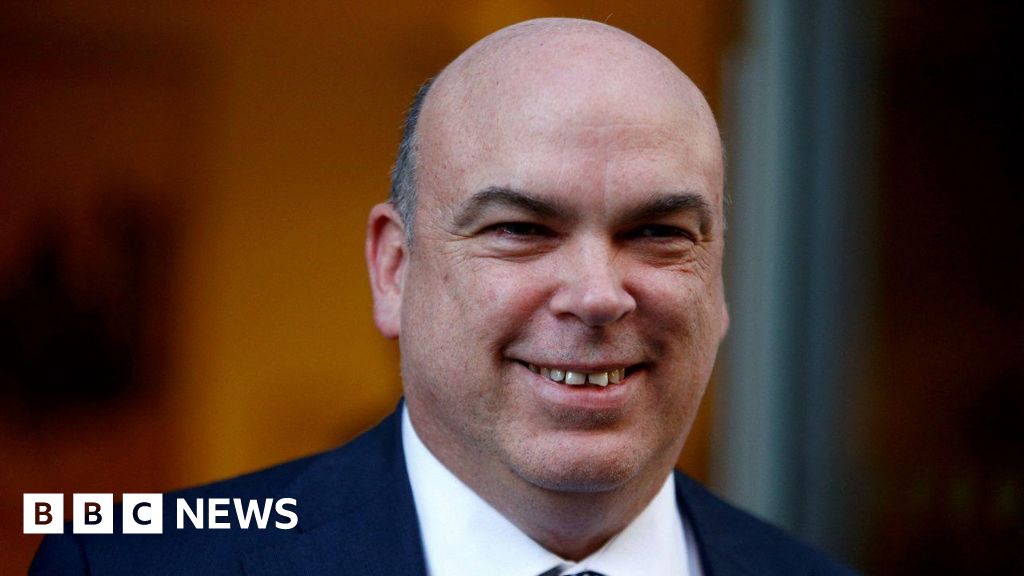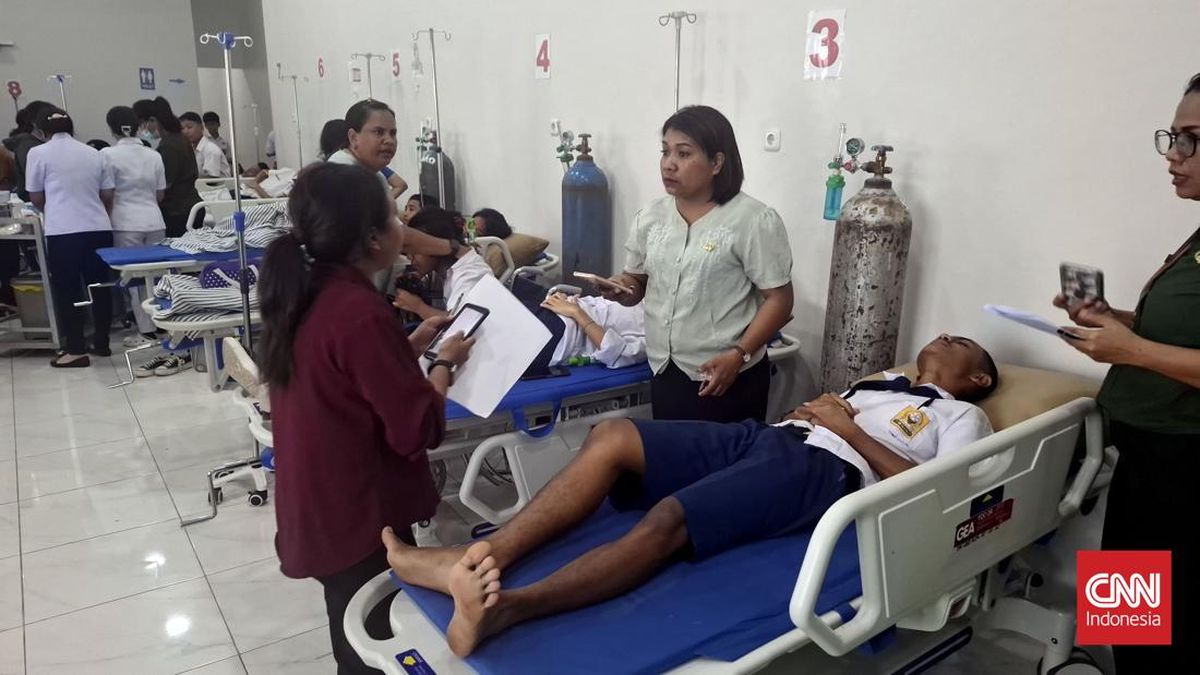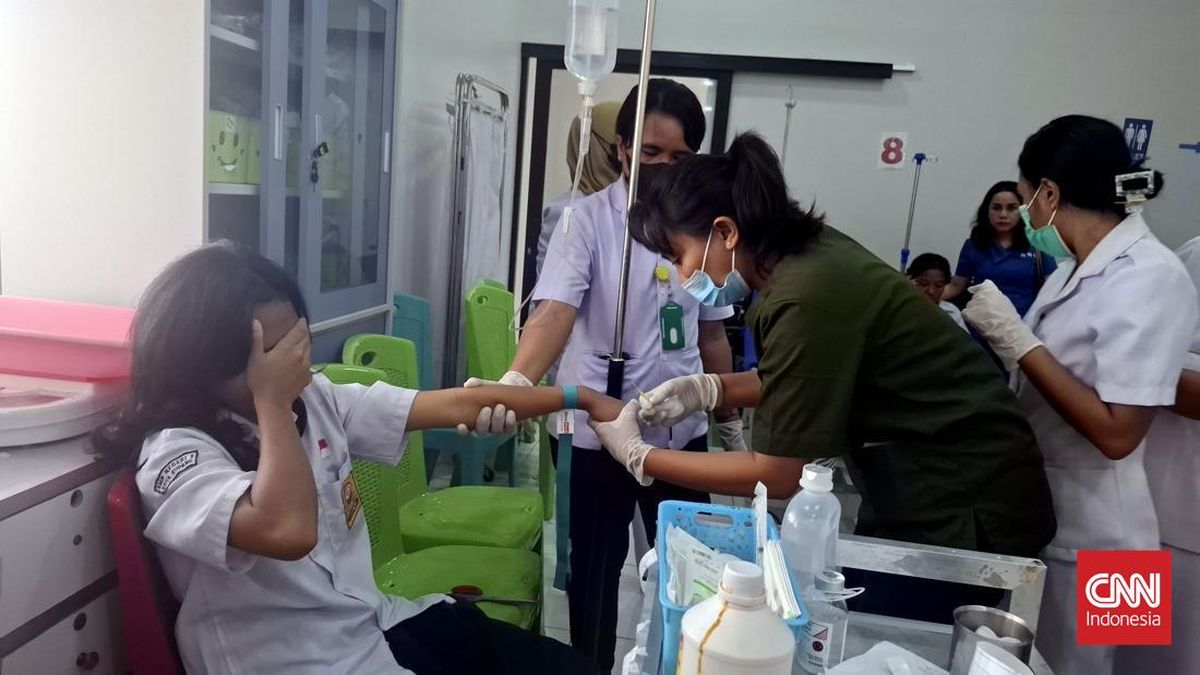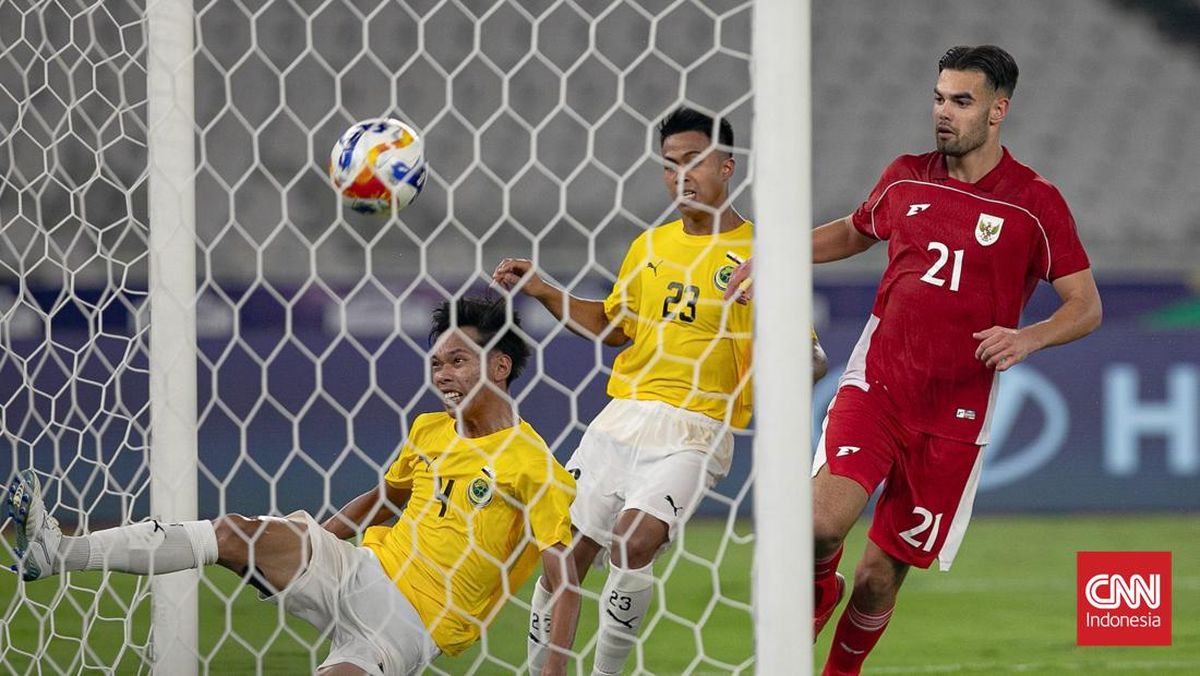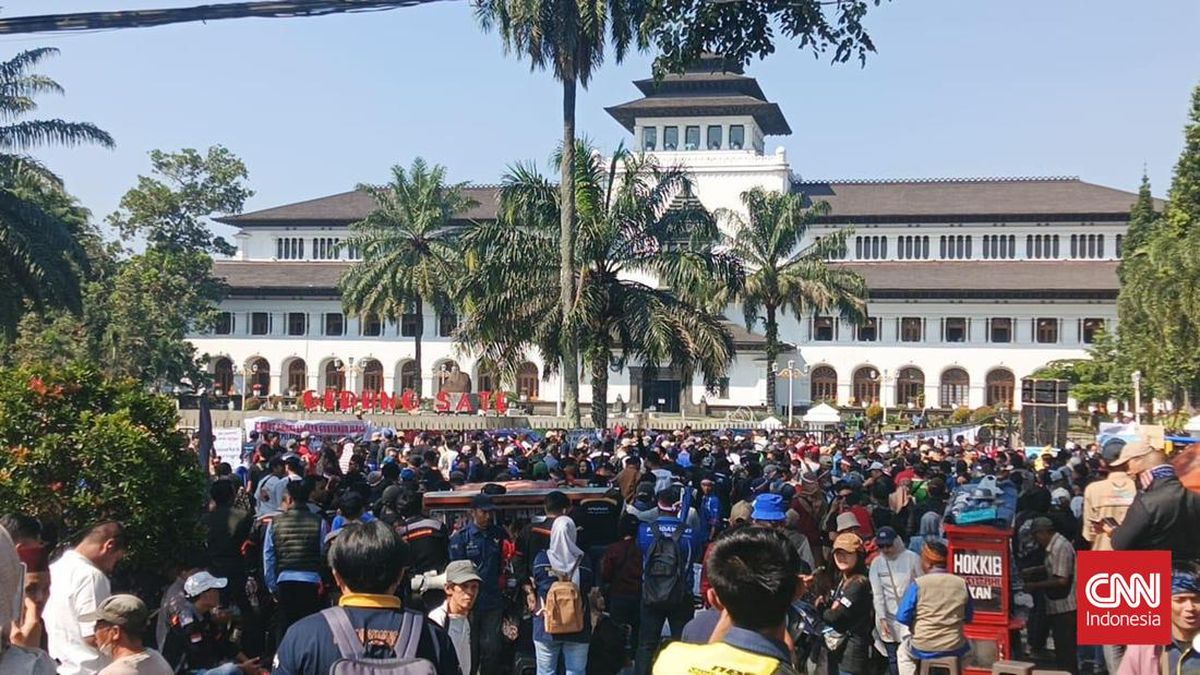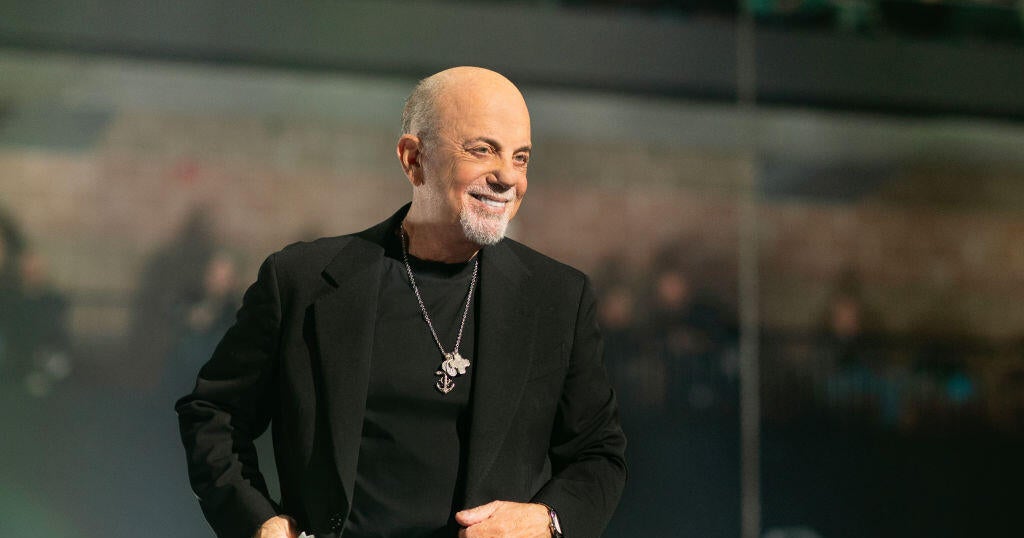Informal sperm donation is on the rise in Australia. So are the risks
By Neera Bhatia
July 22, 2025 — 7.35pm
The decision to find a sperm donor online and to conceive a child with a donor is a practice that’s not only entirely unregulated, but also becoming increasingly common.
It’s also one that carries huge risks. Without urgent changes, governments are sleepwalking into a public health crisis.

The high cost of IVF is driving people to informal sperm donation.Credit: Marija Ercegovac
The story of a 32-year-old Melbourne man donating his sperm to 15 women (resulting in 27 half-siblings) highlights the scale of problems associated with informal sperm donation. In Victoria, the limit is a maximum of 10 families, and lower in other states.
It’s estimated that as many as 4000 children have been born via informal sperm donation in the past decade, but one private Facebook group that connects informal donors and women says they recorded 692 births in 2022 alone.
Loading
In large part, this practice – where sperm donors and those hoping to conceive connect through informal channels like Facebook or donor apps – is growing in popularity due to the prohibitive costs, wait times and lack of donor diversity available via IVF clinics.
While many sperm donors may be altruistic and have good intentions, anecdotal evidence and research suggests that others are acting unscrupulously – for example, donating in order to have sex with women under the false implication that natural insemination has a higher success rate than IVF or artificial insemination (where sperm is placed into a cup before being injected with a syringe). As The Age previously reported, one woman alleged she was sexually assaulted by an informal donor, while others reported feeling that their vulnerability and desperation for a child was played upon by informal donors, and used as a way to coerce them into sex.
Because of the informal nature of these arrangements, there is little oversight and even less data. But my research suggests these experiences are underreported. Whatever the exact numbers, no woman should have to go through this kind of trauma in the pursuit of parenthood.
While a rapid review has been announced in Victoria, this issue requires in-depth exploration nationwide to understand how many people are choosing informal donation, how many donations have resulted in live births, and how to track donor children.
There are several other risks in using informal sperm donors. In Australia, formal donation is via regulated clinics, with genetic and STI screening occurring and state and territory caps in place to limit the number of children born of the same donor. But as we have seen this week, informal donors are not bound by such rules. In this scenario, not only are women at risk of contracting STIs, but children could inherit unexpected genetic conditions, may be unable to contact their donor in the future, and be at risk of consanguinity (where donor siblings unfamiliar to each other engage in romantic relationships).
Loading
Despite the risks, using a sperm donor found online isn’t necessarily a “wrong” or “bad” choice. For many women, online donation is preferable and allows them to meet potential donors of similar cultural background, and who will remain in the child’s life. But the reality is that some do conduct themselves in morally reprehensible and legally questionable ways.
There is no simple solution to limit the problems associated with informal donation. It is complex and needs to be navigated sensitively with the donors, recipients and children’s best interests in mind.
A careful balance needs to be struck between reproductive autonomy and an evaluation of legal mechanisms and ethical frameworks that can be applied to protect those involved. We need to better understand the motivations of donors and why people are using informal donors.
In 2021, the Andrews government rejected calls for an informal sperm donor registry. If this week’s story proves anything, it’s that the need for one remains. The rapid review is a good start, but there must also be checks and balances on the number of donations a donor has made, and a wholesale review of regulated IVF clinics and why they are failing to attract so many people, who are instead engaging in riskier pathways to parenthood.
Informal sperm donation should not just be considered a private issue or an issue between consenting donors and recipients. The ethical, legal and social implications for donors, recipients and resulting children are far-reaching. Matters concerning the numbers of potential half-siblings, sexual coercion and inheritable genetic conditions are just some of the issues that will impact our healthcare system, economy and our civic responsibilities if this issue continues as it is now. It is fundamentally a public health issue, and it is of public interest that change occurs.
Neera Bhatia is an associate professor at Deakin Law School, and the director of the Law, Health and Society Research Unit.
Most Viewed in Lifestyle
Loading



